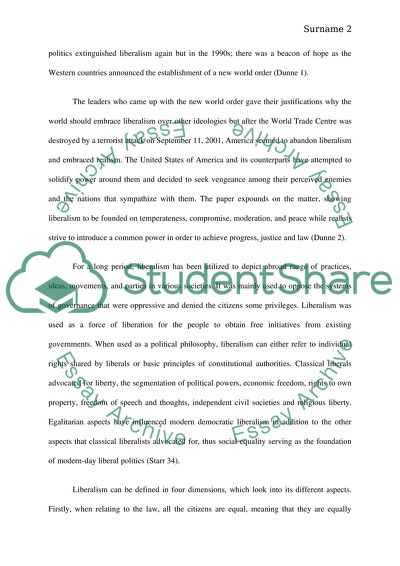Cite this document
(“Should liberalist states promote their policies abroad Is force a Essay”, n.d.)
Should liberalist states promote their policies abroad Is force a Essay. Retrieved from https://studentshare.org/history/1494189-should-liberalist-states-promote-their-policies
Should liberalist states promote their policies abroad Is force a Essay. Retrieved from https://studentshare.org/history/1494189-should-liberalist-states-promote-their-policies
(Should Liberalist States Promote Their Policies Abroad Is Force a Essay)
Should Liberalist States Promote Their Policies Abroad Is Force a Essay. https://studentshare.org/history/1494189-should-liberalist-states-promote-their-policies.
Should Liberalist States Promote Their Policies Abroad Is Force a Essay. https://studentshare.org/history/1494189-should-liberalist-states-promote-their-policies.
“Should Liberalist States Promote Their Policies Abroad Is Force a Essay”, n.d. https://studentshare.org/history/1494189-should-liberalist-states-promote-their-policies.


